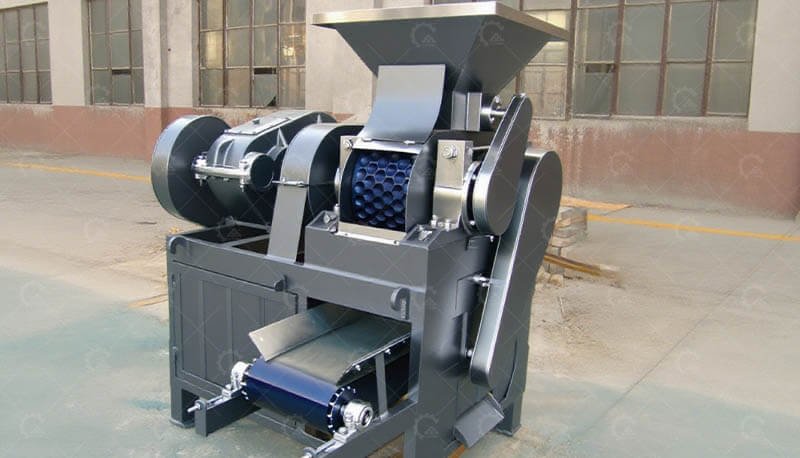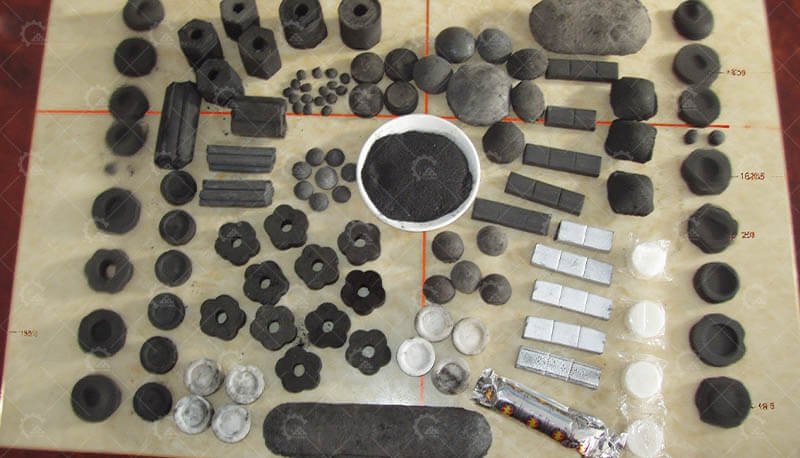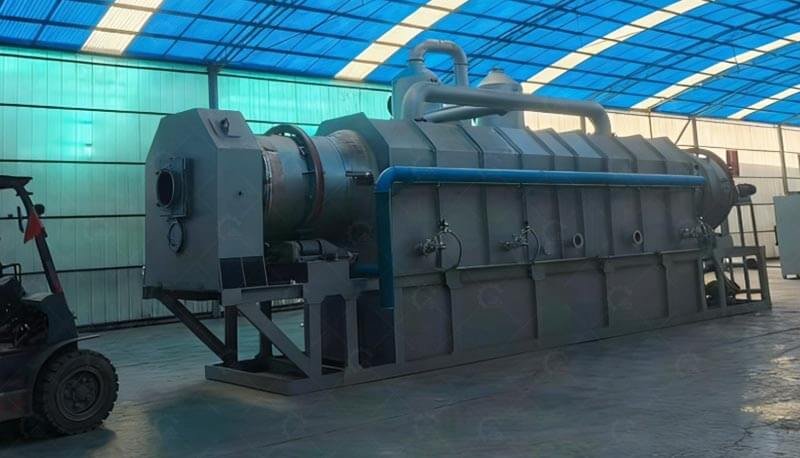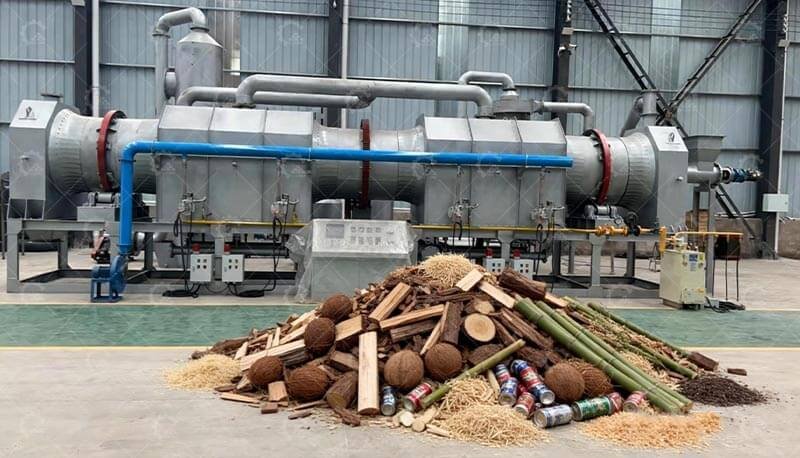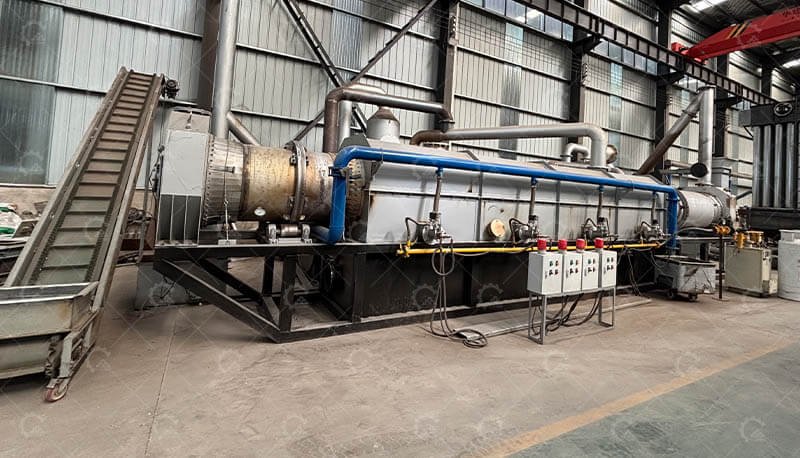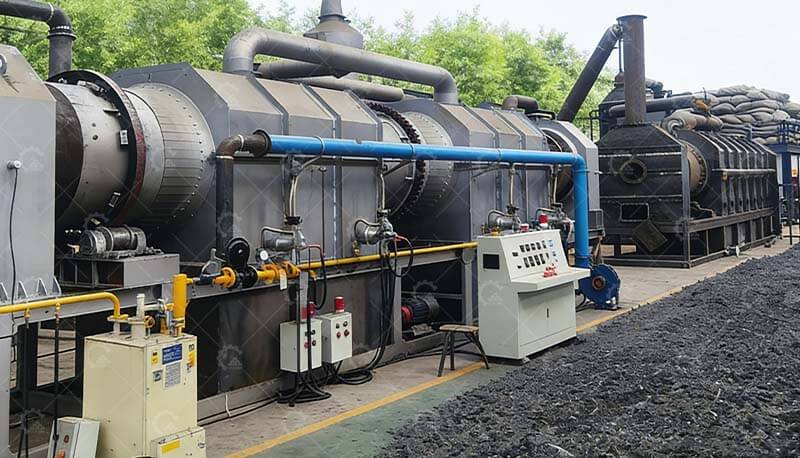Understanding the biomass briquettes machine price is the first critical step for entrepreneurs and businesses looking to enter the sustainable biofuel market. However, the cost is not a single figure but a spectrum influenced by various factors.
What Determines the Biomass Briquettes Machine Price?
The price of a biomass briquetting press can range widely from a few thousand dollars for a small-scale model to over $100,000 for a fully automated industrial production line. Here’s a detailed breakdown of what you’re paying for:
1. Machine Type and Technology
Screw Press Machines
These are the most common type, known for producing high-density briquettes with a central hole. Prices are mid-range. They require more frequent screw replacement due to high wear and tear.
Piston Press Machines (Mechanical/Hydraulic)
These produce solid briquettes and are extremely durable, ideal for hard, abrasive raw materials. Hydraulic piston presses are generally more expensive but offer greater pressure and consistency. The price of a biomass briquetting press of this type is often higher upfront but can have lower long-term maintenance costs.
Hydraulic Press Machines
These are often for smaller-scale or specialized applications and can vary in price.
2. Capacity and Output
This is the most significant cost driver. Capacity is measured in kg/hour.
Small-Scale (50-200 kg/h)
Perfect for farm use or a very small business. The cost of biomass briquette machine at this level starts from around $5,000 to $15,000.
Medium-Scale (200-800 kg/h)
Ideal for small to medium enterprises (SMEs). Expect to invest between $15,000 and $50,000.
Large-Scale (1000+ kg/h)
Full-fledged industrial plants with high automation. Prices can soar from $60,000 to $200,000+.
3. Degree of Automation
Manual
Requires constant operator involvement for feeding and collection. Lowest briquette machine cost but highest labor expense.
Semi-Automatic
Balances price and efficiency with automated feeding or ejection systems.
Fully Automatic
These high-end systems include automated conveyors, feeders, and control panels for minimal labor and maximum output. This automation significantly increases the biomass briquetting machine investment cost.
4. Raw Material Preparation
Don’t forget the auxiliary equipment! The total briquetting plant project cost must include a hammer mill (crusher), dryer, and conveyor systems. These can add $10,000 to $50,000+ to your total project budget.
Beyond the Initial Price Tag: The Importance of ROI
While the initial investment is important, savvy buyers focus on Return on Investment (ROI). A cheaper machine may have:
Higher energy consumption.
Frequent downtime and maintenance costs.
Lower quality briquettes that sell for less.
A slightly more expensive, reliable machine from a reputable manufacturer often pays for itself faster through consistent, high-quality production and lower operating expenses.
Key Questions to Ask Suppliers
To get an accurate quote and avoid hidden costs, ask potential suppliers these questions:
Is the price FOB (Free On Board) or CIF (Cost, Insurance, Freight)?
What is included in the warranty? (e.g., parts, labor)
What is the lead time for spare parts like dies and screws?
Do you offer installation and training services, and are they included?
Can you provide a briquette machine cost analysis based on my specific raw material?
Making Your Final Decision
The biomass briquettes machine price is a crucial factor, but it should not be the only one. Define your production goals, available raw materials, and budget. Then, partner with a manufacturer known for reliability and strong after-sales service. Investing in a quality machine is an investment in the long-term profitability and sustainability of your biofuel business.

